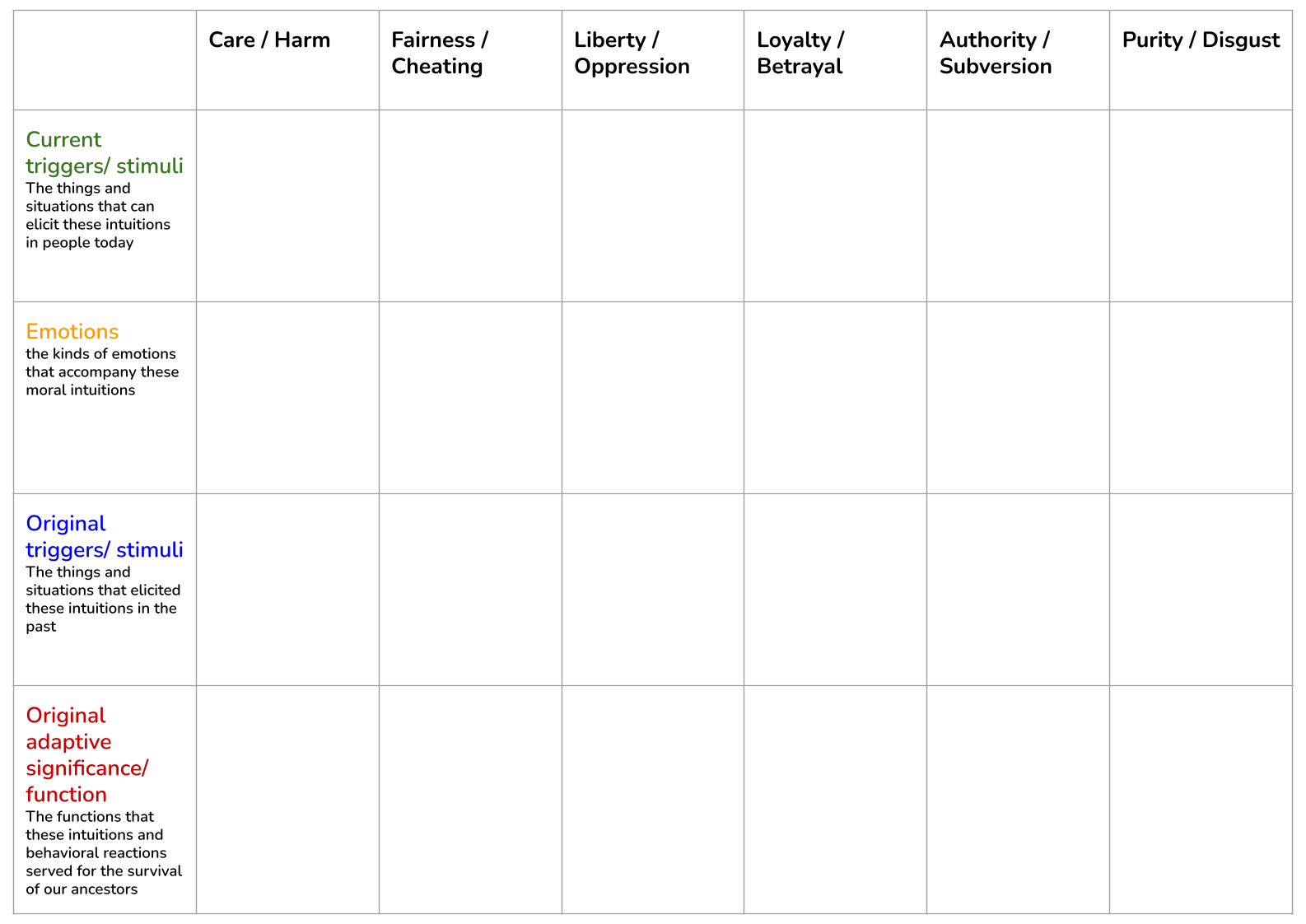
Causes of our moral intuitions
In this lesson students explore the causes of our moral intuitions with the help of a sorting activity and reflection questions.
Students identify the moral intuitions underlying people’s opinions in quoted texts and images.
Using these teaching materials, students are introduced to the moral intuitions and then identify the role of emotions and intuitions in the language of people and reflect on the functions and effects of emotions and intuitions in social exchange.
Note to teachers/adaptations to local context: You can integrate other examples of quotes, pictures, election posters, protest signs, excerpts from the media etc., that relate more to your students’ everyday experiences or current political issues in your context, or let students collect their own examples from different media sources after discussing a few examples in class.
Author: Susan Hanisch

In this lesson students explore the causes of our moral intuitions with the help of a sorting activity and reflection questions.
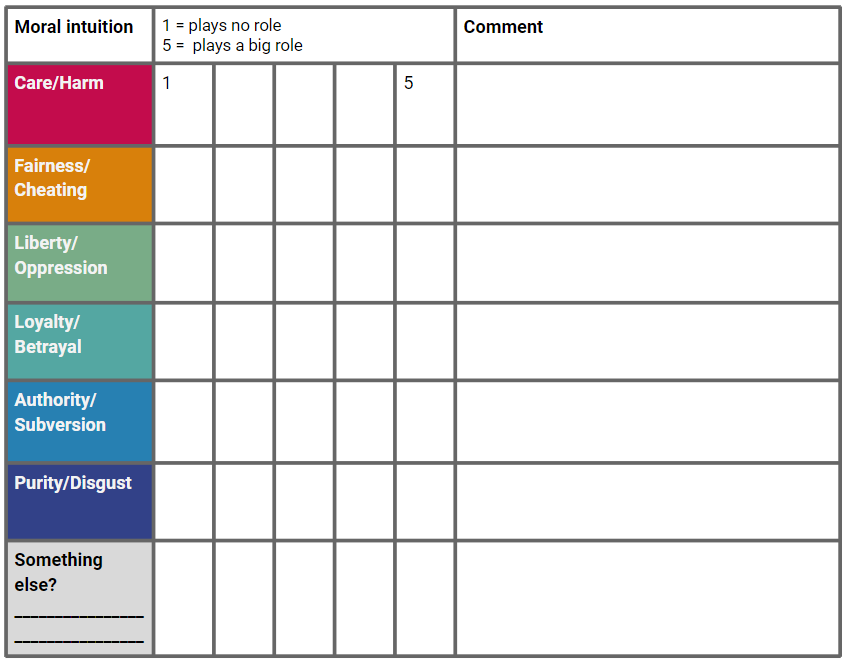
Lesson plan and worksheets to apply understandings of moral psychology in classroom discussions about ethical issues
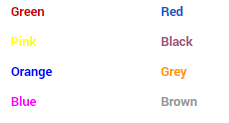
In this lesson students sort their own experience of thinking into fast and slow processes. Based on this, they come to understand that our thinking is shaped through experience such that things we do often and regularly become easier over time.
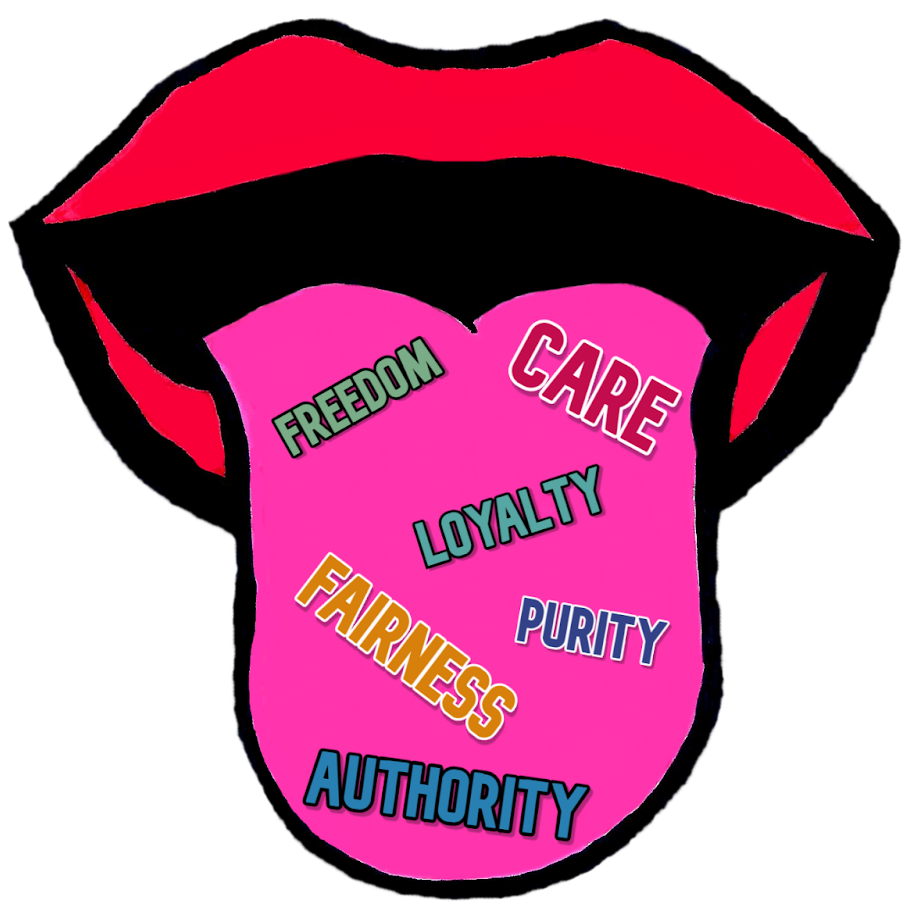
In this lesson students explore the causes and functions of, as well as ways to flexibly relate to our moral intuitions by engaging the analogy to our taste buds.
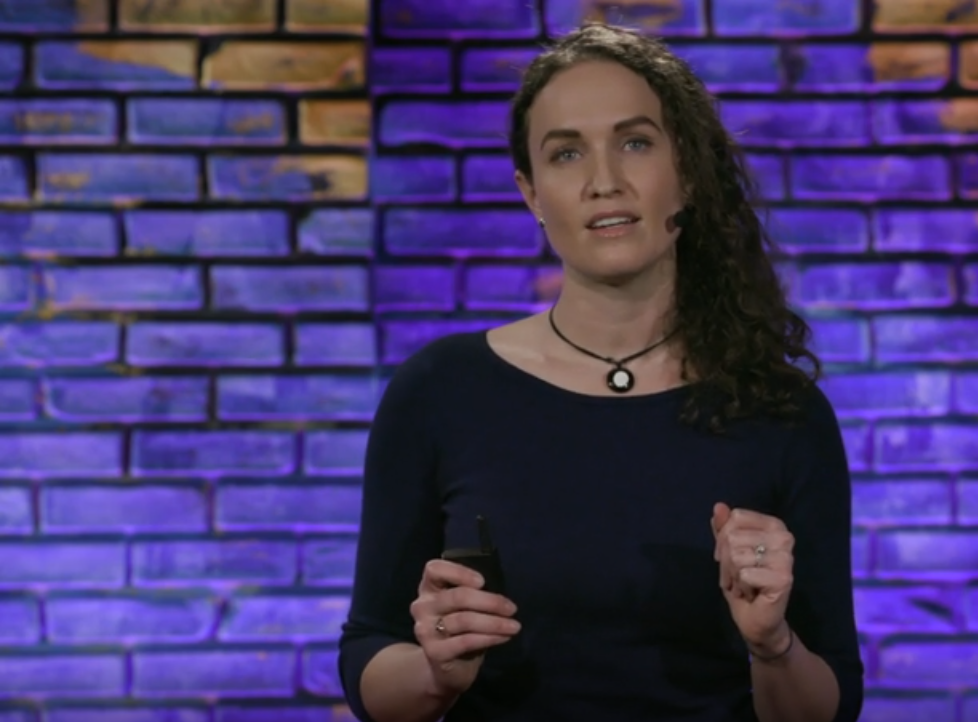
In this unit students explore stories of people who have left a radical movement, or deliberately discuss with representatives of the “other side” and build respectful relationships. These let us explore the circumstances, experiences and insights about why prejudice, hatred and violence against other people or a group can arise and how they can dissolve again.
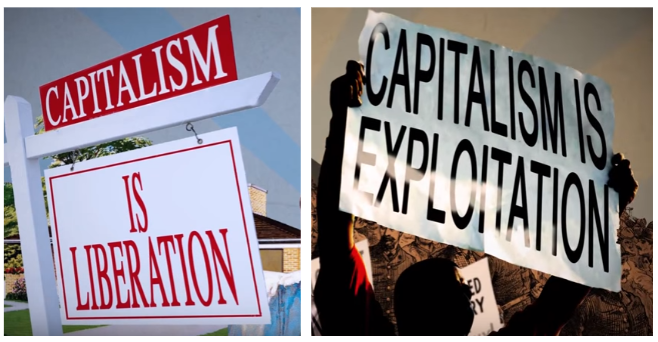
Students explore two contrasting stories about the benefits and failures of capitalism, identify the moral intuitions behind each story, and write a third story about capitalism that integrates aspects of both stories.
OpenEvo is an educational innovation project from the Department of Comparative Cultural Psychology at the Max Planck Institute for Evolutionary Anthropology.
Evolve the future of education with us!